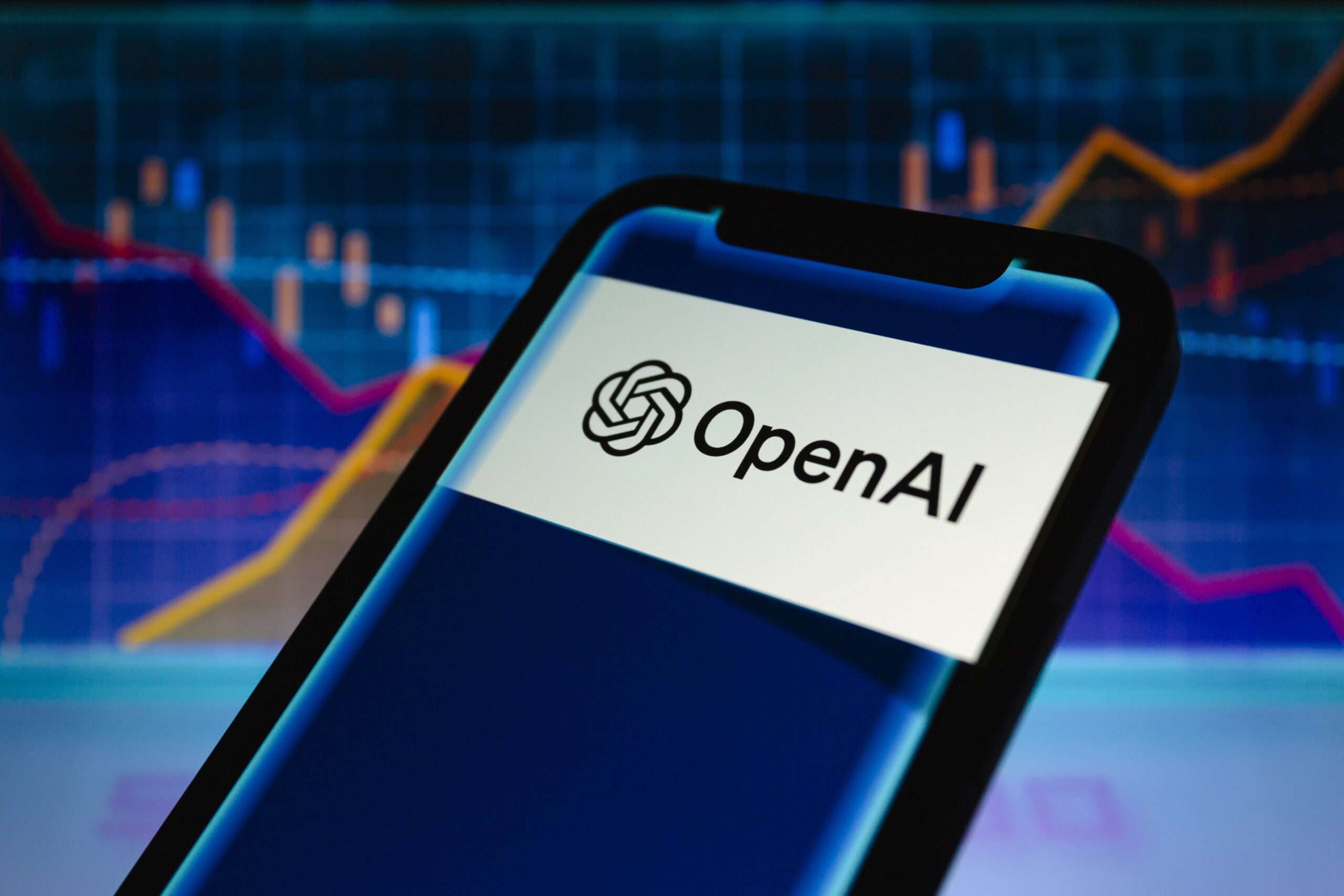Judge Rules to Dismiss Copyright Lawsuit Filed Against OpenAI
U.S. District Court Judge Colleen McMahon’s recent dismissal of the copyright lawsuit against OpenAI marks a significant legal victory not only for the AI company but for the broader ecosystem surrounding tools such as ChatGPT. The lawsuit was brought forth in February by Raw Story Media and AlterNet Media, who claimed that OpenAI improperly used their articles to train its AI model, alleging that ChatGPT produced outputs that closely mirrored their copyrighted journalistic work. The plaintiffs accused OpenAI of violating the Digital Millennium Copyright Act (DMCA) by removing crucial copyright management information, including authorship and titles, from the articles utilized during the training process of ChatGPT. However, McMahon found the plaintiffs’ claims unconvincing.
In her ruling, Judge McMahon emphasized the plaintiffs’ failure to demonstrate any specific adverse effects resulting from the alleged DMCA violation. She underscored that without evidentiary support showing concrete harm, the plaintiffs lacked legal standing to proceed with their claims. Furthermore, she contended that while individual pieces of content can hold copyright protection, mere data or information does not possess the same legal shield. This distinction is crucial because it speaks to the broader implications of how copyrighted material can be used in the evolving landscape of artificial intelligence and machine learning.
Judge McMahon also addressed concerns about the potential for ChatGPT to infringe on copyright laws, noting that the vastness of information present in OpenAI’s training dataset significantly diminishes the likelihood of any specific instance of plagiarism, such as would be required to substantiate Raw Story and AlterNet’s claims. Her assertion that the chances of generating verbatim excerpts from any single source is “remote” reflects an understanding of how AI processes and generates text compared to traditional content reproduction. This ruling not only affects the immediate parties involved but also sets a precedent for similar cases in the future.
Significantly, this decision could have ramifications for ongoing lawsuits, such as The New York Times’ case against OpenAI and Microsoft, which contends that their articles were similarly used without permission for training ChatGPT. The Times’ suit demands drastic remedies, including the destruction of all large language models or datasets that integrated their works. The next hearing for this case is scheduled for December 3, 2024. McMahon’s ruling may influence the legal landscape surrounding this high-profile case and potentially sway the outcomes depending on how it interprets the laws governing copyright in relation to AI systems.
The discourse surrounding this legal outcome also invites a broader conversation about the ethical implications of artificial intelligence and the use of data in training models. Jen Sidorova, a policy analyst at the Reason Foundation, highlights the necessity for an updated business model that addresses existing ethical frameworks without compromising innovation. Her viewpoint reflects the ongoing struggle to reconcile the rapidly advancing capabilities of AI with existing copyright laws that were not designed for the complexities posed by modern technologies.
Ultimately, the dismissal of the lawsuit against OpenAI underscores both the potential challenges and opportunities posed by AI in the context of copyright and intellectual property. It signifies a pivotal moment for the intersection of technology and the law, where established legal principles are tested against innovative practices and technologies. As the landscape evolves, continuous dialogue among stakeholders—including journalists, tech companies, and policymakers—will be essential to navigate the future implications for content creation, distribution, and intellectual property rights in the age of AI.
Share this content:












Post Comment